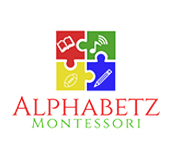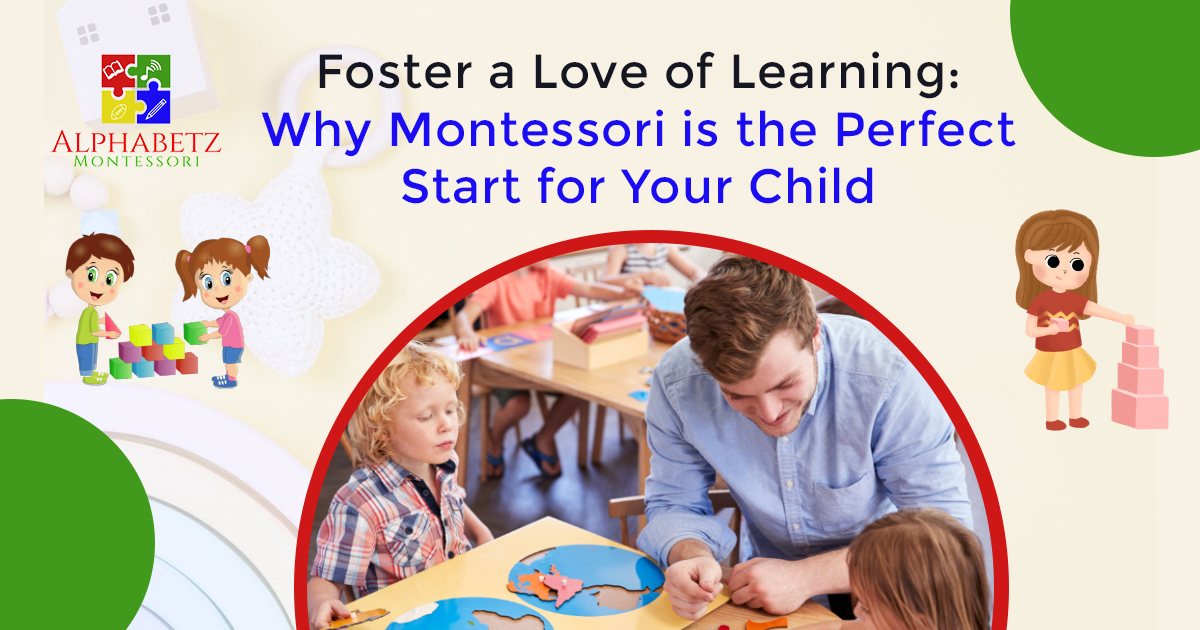As parents, we all want to give our children the best possible start. Our choices during their early years can profoundly impact their future, shaping their values, abilities, and overall approach to life. One of the most significant decisions you’ll make is choosing the right educational environment for your child. Among the various educational philosophies available today, Montessori education stands out as a remarkable approach that fosters a lifelong love of learning.
The Montessori Philosophy: Child-Centered Learning
At the heart of Montessori education is the belief that children are naturally curious and eager to learn. Dr. Maria Montessori, the founder of the Montessori method, observed that when children are given the freedom to explore and discover within a structured environment, they develop a deep and intrinsic motivation to learn. This philosophy contrasts with traditional education, where learning is often externally motivated by grades, rewards, and tests.
In a Montessori classroom, the learning process is child-centered. Children are encouraged to follow their interests and passions, engaging in activities that captivate their attention and stimulate their minds. This autonomy in learning allows children to develop at their own pace, fostering a sense of ownership and pride in their accomplishments. By giving children the freedom to choose their activities, Montessori education nurtures a love of learning that extends beyond the classroom.
The Prepared Environment: A Space Designed for Exploration
One of the key elements of the Montessori method is the prepared environment—a carefully designed space that encourages exploration, independence, and self-directed learning. Montessori classrooms are thoughtfully arranged with child-sized furniture and materials that are easily accessible to the students. Everything in the environment is chosen with a purpose, and each item serves to enhance the child’s learning experience.
The materials in a Montessori classroom are not just educational tools; they are also designed to be aesthetically pleasing, inviting children to engage with them. These materials are often self-correcting, meaning that children can identify and fix their mistakes on their own, fostering a sense of independence and confidence. The prepared environment is a key factor in Montessori education’s success in nurturing a love of learning, as it provides children with the tools and opportunities they need to explore their interests and develop new skills.
Developing Independence and Confidence
Montessori education places a strong emphasis on fostering independence in children. From an early age, Montessori students are encouraged to take responsibility for their learning and daily activities. Whether it’s choosing a work activity, preparing a snack, or cleaning up after themselves, children in a Montessori environment learn to do things on their own, building their confidence and self-esteem.
This focus on independence extends to the way children learn. Montessori teachers, or guides, as they are often called, act as facilitators rather than traditional instructors. They observe each child’s interests and abilities, offering guidance and support as needed, but allowing the child to take the lead in their learning. This approach helps children develop critical thinking skills, problem-solving abilities, and a strong sense of self-motivation—qualities that are essential for success in life.
Encouraging Collaboration and Social Skills
While Montessori education emphasizes independence, it also fosters a strong sense of community and collaboration. Montessori classrooms are typically multi-age, meaning that children of different ages learn together in the same environment. This setup allows younger children to learn from their older peers, while older children develop leadership skills and empathy as they assist and mentor their younger classmates.
Collaboration is a natural part of the Montessori experience. Children often work together on projects, share materials, and engage in group activities. This cooperative learning environment helps children develop strong social skills, including communication, empathy, and respect for others. By encouraging collaboration rather than competition, Montessori education creates a positive and supportive learning community where every child feels valued and included.
Cultivating a Lifelong Love of Learning
One of the most powerful outcomes of a Montessori education is the cultivation of a lifelong love of learning. Because Montessori education is based on the child’s natural curiosity and desire to learn, students develop a deep sense of joy and satisfaction in the learning process. They are not just memorizing facts or completing assignments for the sake of grades; they are engaging in meaningful activities that resonate with their interests and passions.
This love of learning extends far beyond the Montessori classroom. Montessori students are known for their ability to think critically, solve problems creatively, and approach challenges with confidence. These qualities, instilled in them from an early age, prepare them for success in all areas of life, both academically and personally.
The Perfect Start for Your Child
Choosing the right educational path for your child is one of the most important decisions you will make as a parent. Montessori education offers a unique and effective approach that not only prepares children academically but also nurtures their social, emotional, and cognitive development. By fostering independence, confidence, collaboration, and a love of learning, Montessori provides children with the perfect start on their journey toward lifelong success.
If you’re looking for an educational environment that respects your child’s individuality, encourages exploration, and instills a passion for learning, Montessori education may be the perfect choice for your family. Give your child the gift of a Montessori education, and watch them thrive in a world of endless possibilities.

